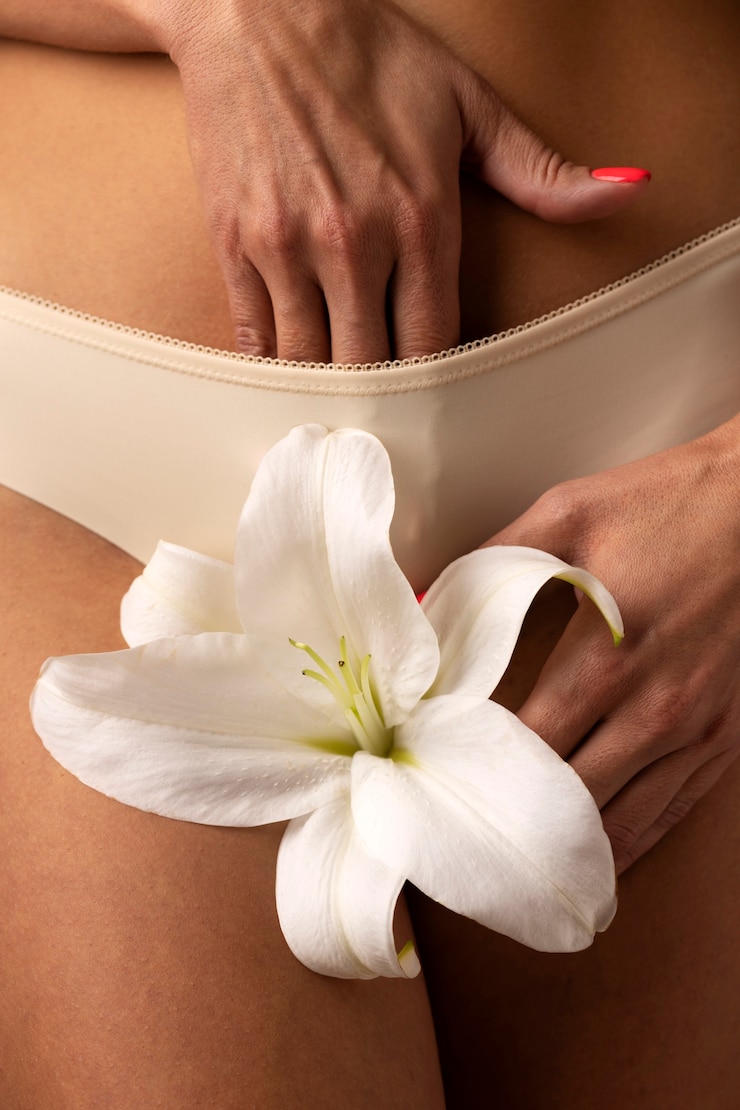A Comprehensive Guide to Male Circumcision

Strong 8k brings an ultra-HD IPTV experience to your living room and your pocket.
Male circumcision is a widely practiced procedure in Dubai, deeply rooted in cultural, religious, and health traditions. It involves the surgical removal of the foreskin from the penis, typically carried out on newborns or young boys. In Dubai, circumcision is a common practice among Muslims and Jewish communities, with significant importance placed on religious and cultural obligations. This guide aims to provide a comprehensive overview of male circumcision in Dubai, covering its significance, medical procedures, facilities, costs, and post-procedure care.
Religious and Cultural Significance
In Dubai, male circumcision is a vital practice within Islamic and Jewish communities. For Muslims, it is seen as a Sunnah (tradition of the Prophet Muhammad), symbolizing cleanliness and purity. While circumcision is not mandatory in Islam, it is highly recommended, and most Muslim families in Dubai opt for it. For Jewish families, circumcision is a religious commandment, traditionally performed on the eighth day after birth in a ceremony known as a "brit milah."
Culturally, circumcision is also viewed as a rite of passage, marking a boy's entry into the community and symbolizing adherence to religious customs. It often brings families together in a social gathering, reaffirming their shared values and beliefs.
Timing of Circumcision
In Dubai, the timing of circumcision varies based on family preference, religious practices, and cultural norms. For Muslim families, it is common to have the procedure done shortly after birth, usually within the first few weeks or months of life. However, some families prefer to wait until the child is older, around the ages of 5 to 7, when the boy is better able to participate in a ceremonial event.
In Jewish families, circumcision is performed on the eighth day after birth as part of the religious brit milah ceremony. This tradition is strictly observed and often involves a specialist known as a "mohel," who is trained to perform the procedure in accordance with Jewish law.
Medical Procedures and Techniques
Circumcision in Dubai is typically carried out by qualified doctors in hospitals or specialized clinics. The procedure can be done using several techniques, including the traditional surgical method or more modern approaches like laser circumcision. Below are the commonly used techniques:
Surgical Circumcision: This is the traditional method where a surgeon manually removes the foreskin using a scalpel. The procedure usually lasts between 15 to 30 minutes and is performed under local or general anesthesia, depending on the child’s age.
Laser Circumcision: An increasingly popular method, laser circumcision uses focused light to remove the foreskin. This technique offers a higher level of precision, minimal bleeding, reduced risk of infection, and faster healing times. It is often preferred by parents who want the least invasive option for their child.
Both procedures are generally considered safe, and Dubai’s healthcare facilities follow stringent hygiene standards, minimizing the risks associated with the surgery.
Choosing the Right Facility
Dubai offers world-class healthcare facilities, and circumcision services are no exception. Whether opting for a public hospital or a private clinic, parents can expect high-quality care from skilled professionals. Some of the top hospitals in Dubai that provide circumcision services include:
Costs of Circumcision
The cost of circumcision in Dubai varies depending on the facility, type of procedure, and the level of care provided.
Public Hospitals: These facilities generally offer the most affordable rates.
Private Hospitals: Prices in private hospitals range from, depending on the technique and aftercare services provided.
Specialized Clinics: Clinics that offer advanced techniques, such as laser circumcision, though the benefits of faster healing and reduced discomfort may justify the higher price.
Post-Procedure Care and Recovery
Post-circumcision care is critical for ensuring proper healing and preventing infections. Most doctors in Dubai provide detailed instructions to parents on how to care for the circumcision site. Common recommendations include:
Hygiene: Keep the area clean and dry, gently washing with water and mild soap. Avoid using harsh chemicals or antiseptics that could irritate the skin.
Pain Management: Over-the-counter pain relievers such as ibuprofen or paracetamol may be recommended to manage discomfort, especially in the first few days after the procedure.
Dressing: The circumcision site will likely be covered with a gauze dressing, which should be changed as instructed by the doctor. It is essential to follow all care instructions to avoid complications such as infection.
Healing Time: The recovery period for infant circumcision is typically 7 to 10 days, while older children may take up to two weeks. Parents should monitor the site for signs of infection, such as redness, swelling, or discharge, and contact their doctor if any concerns arise.
Legal and Ethical Considerations
In Dubai, male circumcision is legal and widely practiced within cultural and religious frameworks. However, as the city becomes more globalized, there are growing discussions about the ethics of performing circumcision on infants and young children without their consent. While these debates have not significantly impacted circumcision rates in Dubai, they are prompting some parents to consider waiting until their child is older and can make the decision for himself.
Social and Cultural Influence
In Dubai, where male circumcision is a widely accepted social norm, its long-term social effects are typically positive. The procedure is viewed as a necessary and beneficial part of life, with significant cultural reinforcement.
Community Belonging: Circumcision plays a role in fostering a sense of community and continuity within Muslim and Jewish families in Dubai. It is often a unifying factor, symbolizing adherence to religious and cultural traditions that have been passed down through generations. This shared practice strengthens family ties and communal bonds, providing circumcised men with a sense of belonging.
Marriage and Social Expectations: Circumcision can also influence social interactions and relationships, particularly in the context of marriage. In cultures where circumcision is the norm, it is often expected by both partners, and deviation from this norm can lead to discomfort or social stigma. In Dubai, where circumcision is prevalent, circumcised men may feel more confident in fulfilling societal expectations regarding marriage and family life.
Global Perspectives: As Dubai continues to grow as a multicultural city, attitudes toward circumcision are becoming more diverse. While circumcision remains the dominant practice, individuals from cultures where circumcision is less common may introduce new perspectives. This diversity could influence long-term social norms, leading to more open discussions about bodily autonomy and personal choice.
Conclusion
Male circumcision in Dubai is a well-established practice, rooted in religious, cultural, and health traditions. The city's world-class healthcare system offers a range of options for families, from traditional surgical methods to advanced laser techniques, all carried out in safe, sterile environments. With increasing emphasis on both religious obligations and medical advancements, circumcision remains a key social norm in Dubai, supported by top-quality healthcare facilities and professional care. Families planning circumcision for their sons have access to comprehensive services and guidance, ensuring a smooth and positive experience.
Note: IndiBlogHub features both user-submitted and editorial content. We do not verify third-party contributions. Read our Disclaimer and Privacy Policyfor details.







